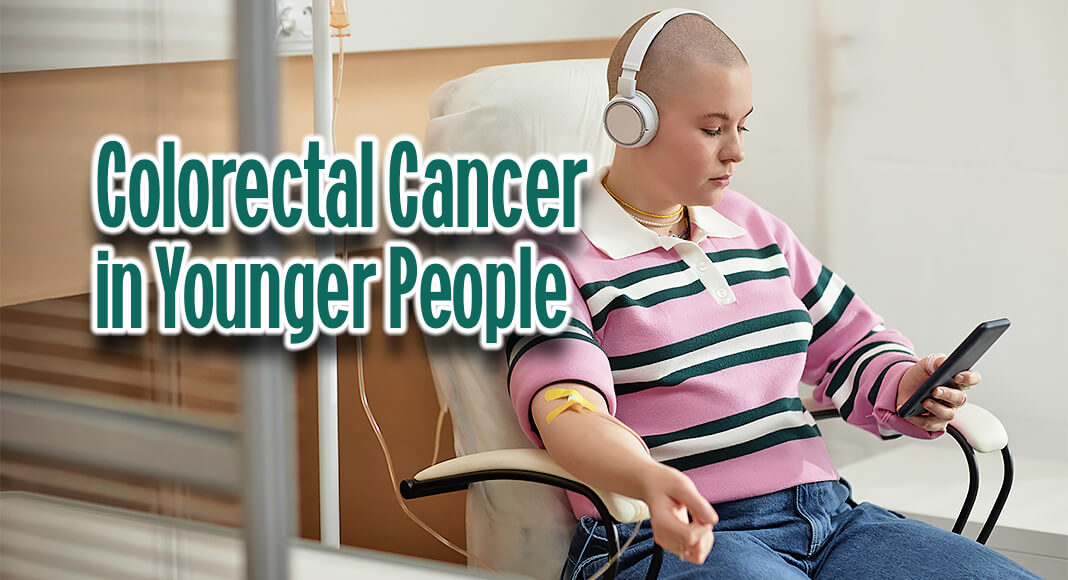
Mega Doctor News
CLEVELAND CLINIC – March is Colorectal Cancer Awareness Month, and reports show the number of cases among younger adults is rising.
It’s unclear exactly why that is, but research from Cleveland Clinic could help shed some light.
“What we analyzed in our recent research was looking at the cancers that came from younger people and cancers that occurred in older people, and we found that the microbiome of younger onset colorectal cancer is actually different than the microbiome of older onset colorectal cancer,” said Alok Khorana, MD, oncologist for Cleveland Clinic who led the research.
Dr. Khorana said the microbiome of a tumor is made up of human and non-human cells, and in this study, they found there was more bacteria in the tumor microbiome of younger adults with colorectal cancer.
So, why is that?
He said they are not entirely sure, but it could be possible that the way colorectal cancer develops in younger adults is driven by a different group of microorganisms.
“So, this really leads us to search for more clues as to why this is happening. Is it related to diet? Is it related to environment? Is it related to antibiotic use in younger people? Is it related to exposures of babies, children, or adolescents? We don’t fully understand that. This is another step in trying to figure out what is happening,” said Dr. Khorana.
Dr. Khorana said the hope from this research is that it can ultimately aid in colorectal cancer prevention and treatment options in the future.







